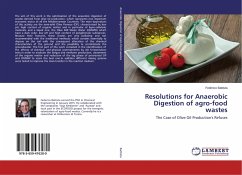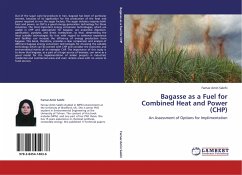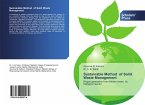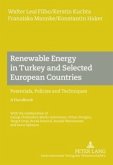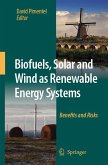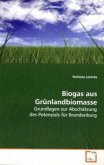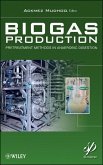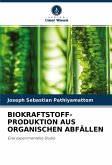The aim of this work is the optimization of the anaerobic digestion of wastes derived from olive oil production, which represents one important economic sector of all the Mediterranean Countries. The main byproducts of this activity are the semi-solid Olive Pomace (OP), characterized by low pH, high content of organic matter and in particular of ligno-cellulosic materials, and a liquid one, the Olive Mill Waste Water (OMWW) which have a dark color, low pH and high content of polyphenolic substances. Because their features, these wastes are very polluting and not recommended with the traditional methods, which consists essentially to dispose on the soil with the consequent alteration of the chemical characteristics of the ground and the possibility to contaminate the groundwater. The first part of the work consisted in the identification of the effects of chemical and physical pretreatments by AD fermentation tests in order to evaluate the biogas and methane production, abatement of the organic matter and reduction of the lag phase of pretreated OP and OMWW to score the best one.In addition different mixing systems were tested to improve the mass transfer in the reaction medium.

